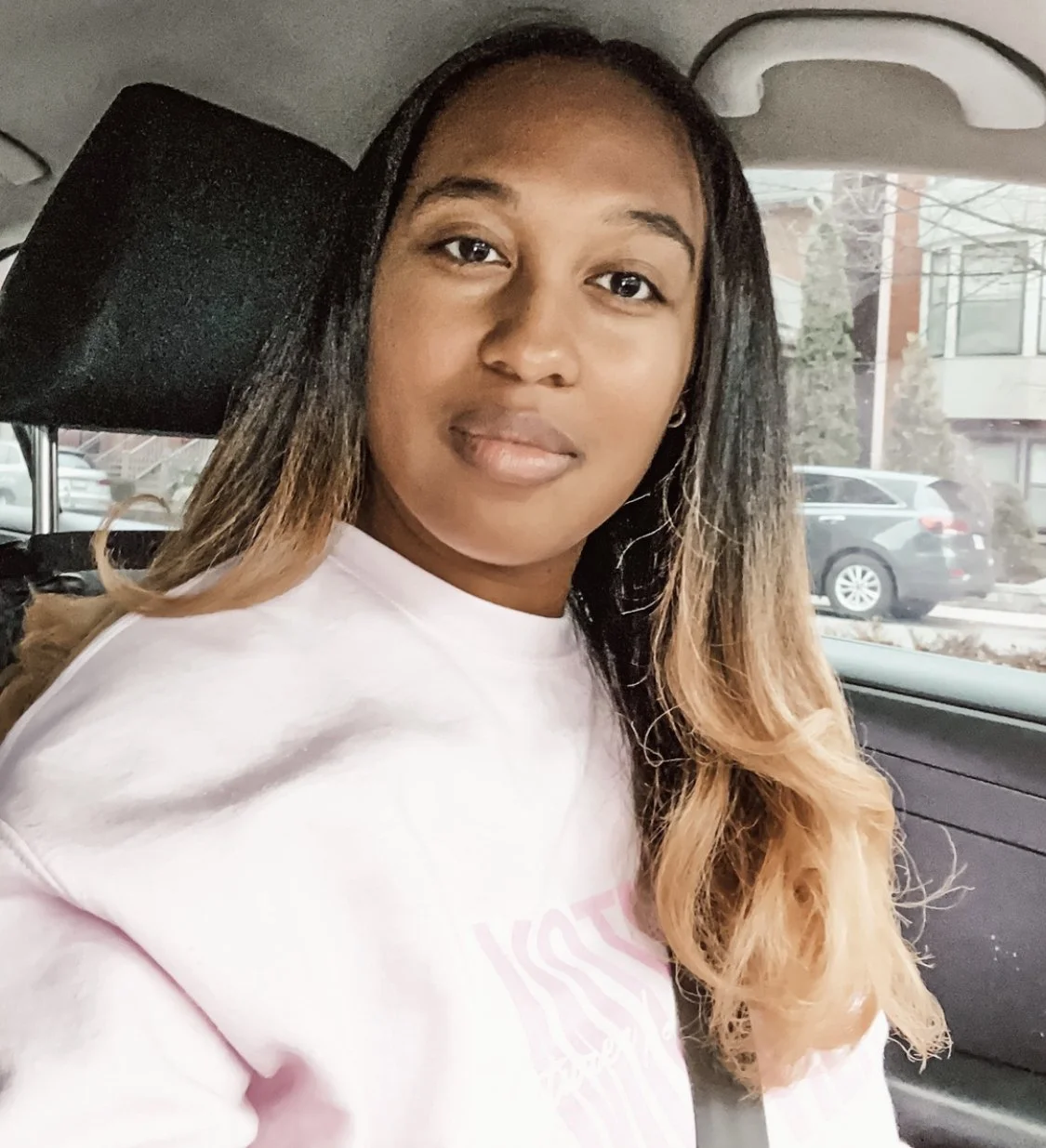We are born to complete strangers who, if we are privileged, spend years taking care of us. It’s kind of ridiculous when you think about it. It’s a dependent relationship between persons who have never seen each other, yet it comes with so many expectations and preconceived notions. We collectively expect parents to be completely selfless, empathetic, gentle and wise to be classified as a good parent for the almost two decades they care for their child.
So of course, as children in the shelter of our homes, its unlikely that we can identify what our parents are doing ‘wrong’. We carry on in our bliss until one day, it happens. Another kid humble brags about what their parents do or don’t do, have or don’t have at home. Then suddenly we start to categorize our differences as failures we begin to hold against our parents.
Without even realizing, society builds an image in our minds of what the perfect parent is, and we are left to reconcile that image with who we have taking care of us at home. More often than not, our imperfect caregivers will be found wanting.
It’s pretty easy to gather resentment against our parents. From infancy to adulthood, they are required to meet our basic needs, try to read our minds while we learned to communicate, get to know us as our personalities and preferences formed, given us space to learn and grow, encouragement to develop good self esteem and prepare us for the world. A long laundry list of things to do each day in addition to working, managing their finances and personal relationships and deal with the stresses of life. In other words, they would have had a million chances to mess up.
Though there are things that every parent must do to cultivate a good relationship with their child and a good environment for them, every parent has limitations. I have a great relationship with my parents and it’s been that way my entire life. I was blessed to have both parents with me growing up in the same house and I can say they genuinely love each other and their children. My parents sacrificed for my brothers and I, they were gentle and empathetic and I credit their wisdom and am very grateful for all the things they taught me. I cannot readily identify an injury or neglect they caused. Nevertheless, over time I came to realize that my parents had their own lived experiences that impacted and informed the way they were able to parent me, individually and collectively. Our parents are imperfect humans demonstrating their imperfect love despite their own biases and burdens.
Maybe our parents parented us the way they were parented or maybe they did it the way they thought they should have been parented. Either way, chances are it was their best guess and they course corrected as time went on.
For some of us, we have yet to humanize our parents. Instead, we’ve built a wall of resentment and we keep adding bricks of unmet expectations and uncommunicated hurt to the wall. We want them to apologize, explain, read our minds and set things right even after we’ve grown up. We want the image and reject the person.
Our experience of our parents is coloured by whether or not we think they met our needs. I think, that continuing to view our parents through the lens of their failings destroys our ability to see our parents as human beings. If we take our eyes off the perfect image we’ve been comparing them to and peep over the wall of resentment, we might see our parents in a new light- as whole persons who exist for more than just serving us.
We complain that even as adults our parents treat us like children, but we must ask ourselves whether we are still playing the role of the child in the relationship. We’re adults now, and what fueled our relationship as parent and child is gone. So the question is, beyond the caregiver role, who are your parents? Do you know enough about them to sustain a relationship with them outside of caregiver and child?
Can you see them beyond their imperfections?
Are you celebrating them beyond their sacrifices for you?
Has your relationship transitioned from what you can get from them into something more?
We all want to be seen and heard, especially by those we love. What can you do to let your parents know, you see them as whole persons?
til later
Jan




